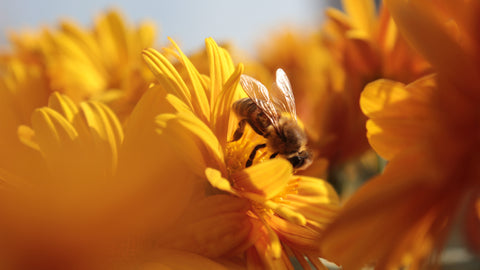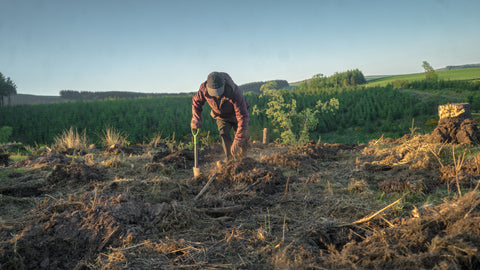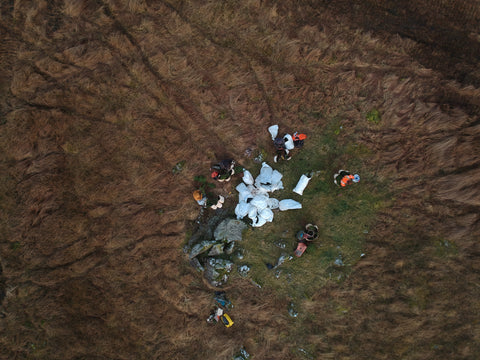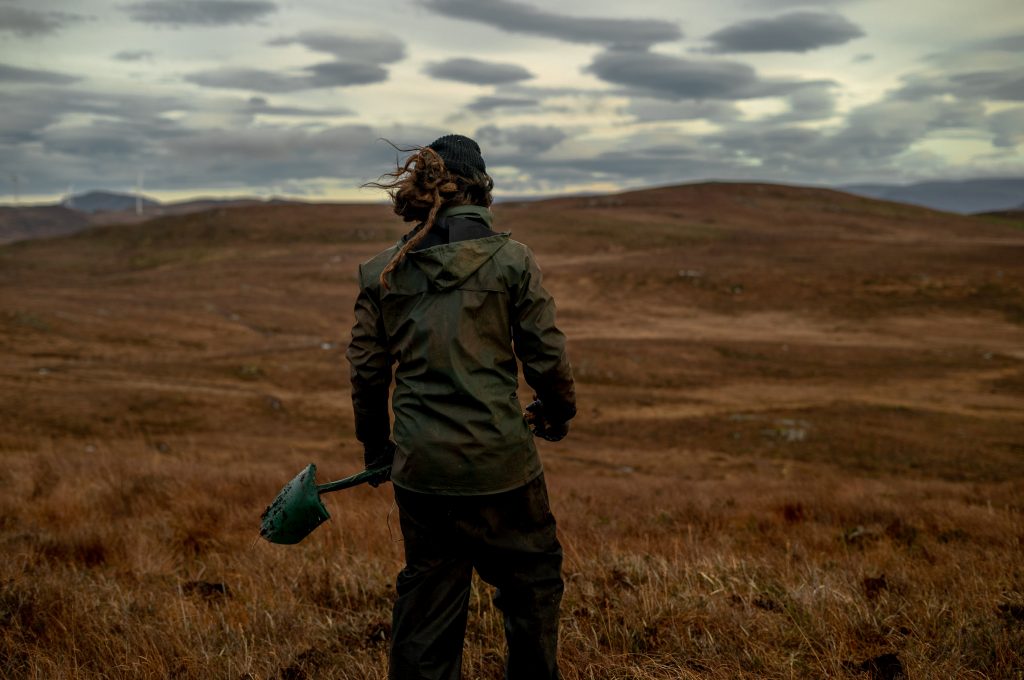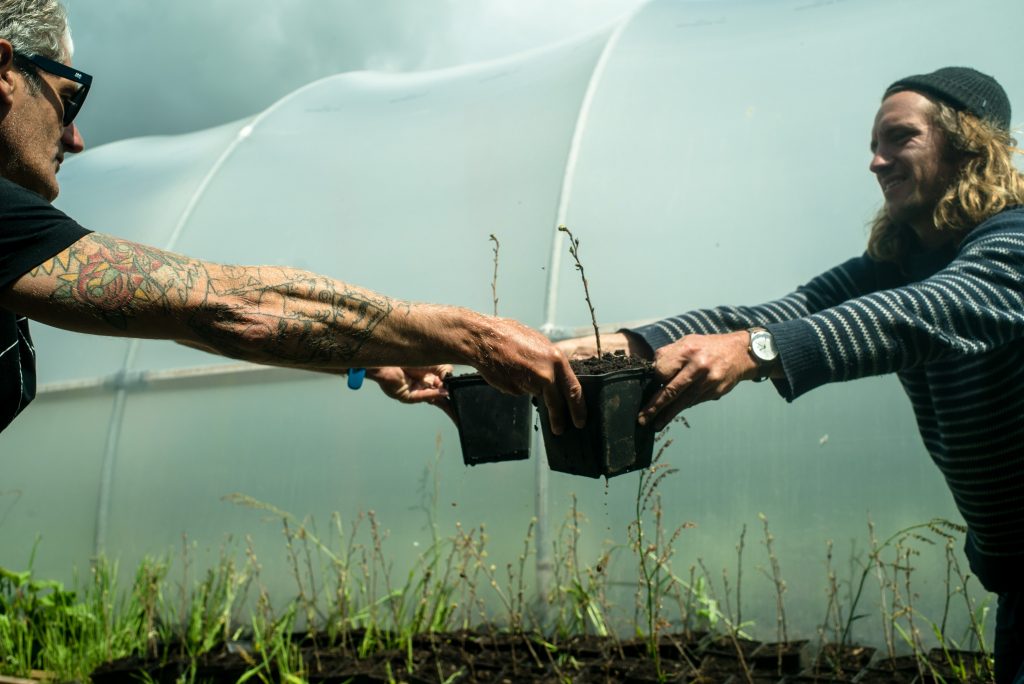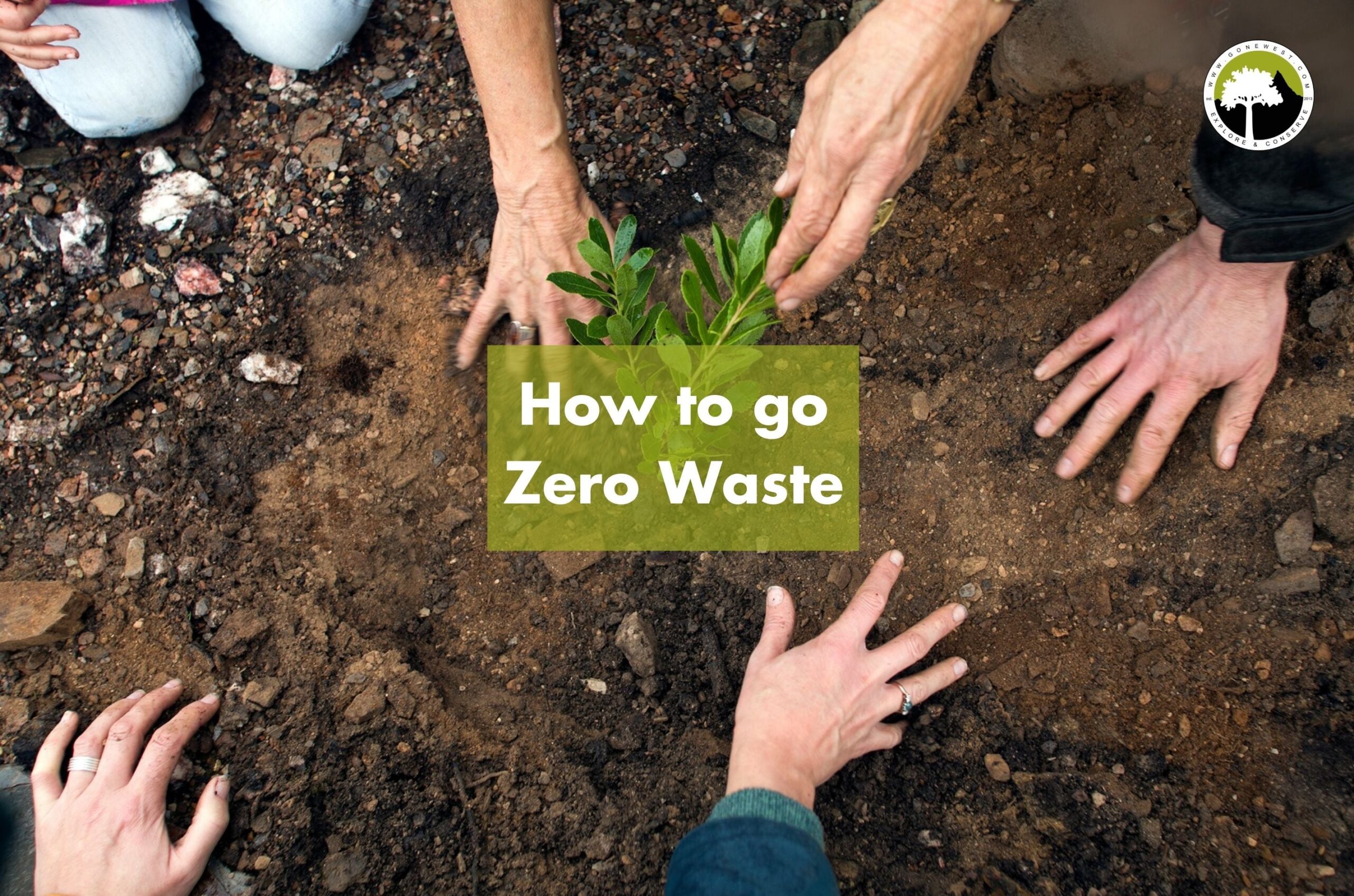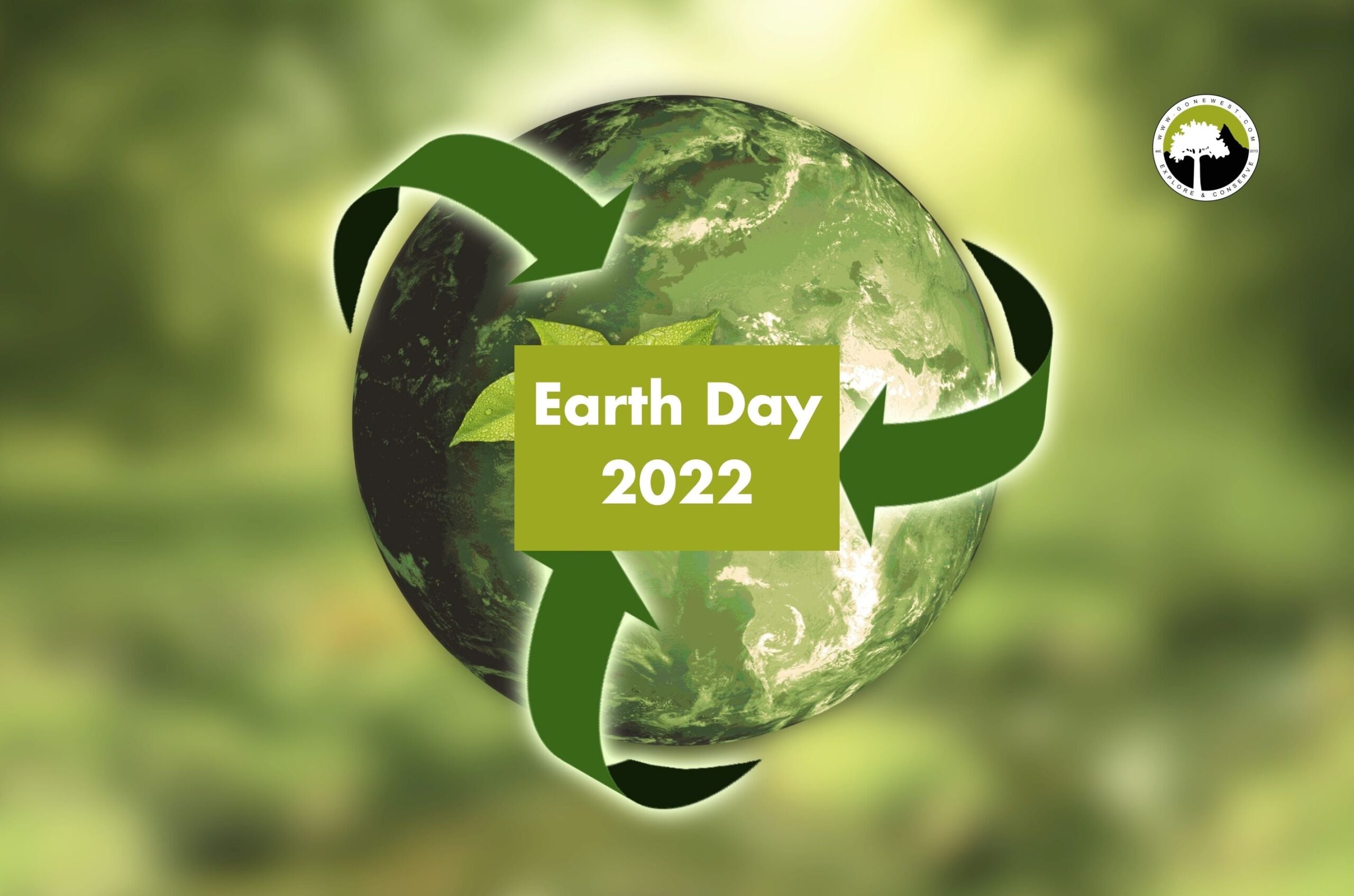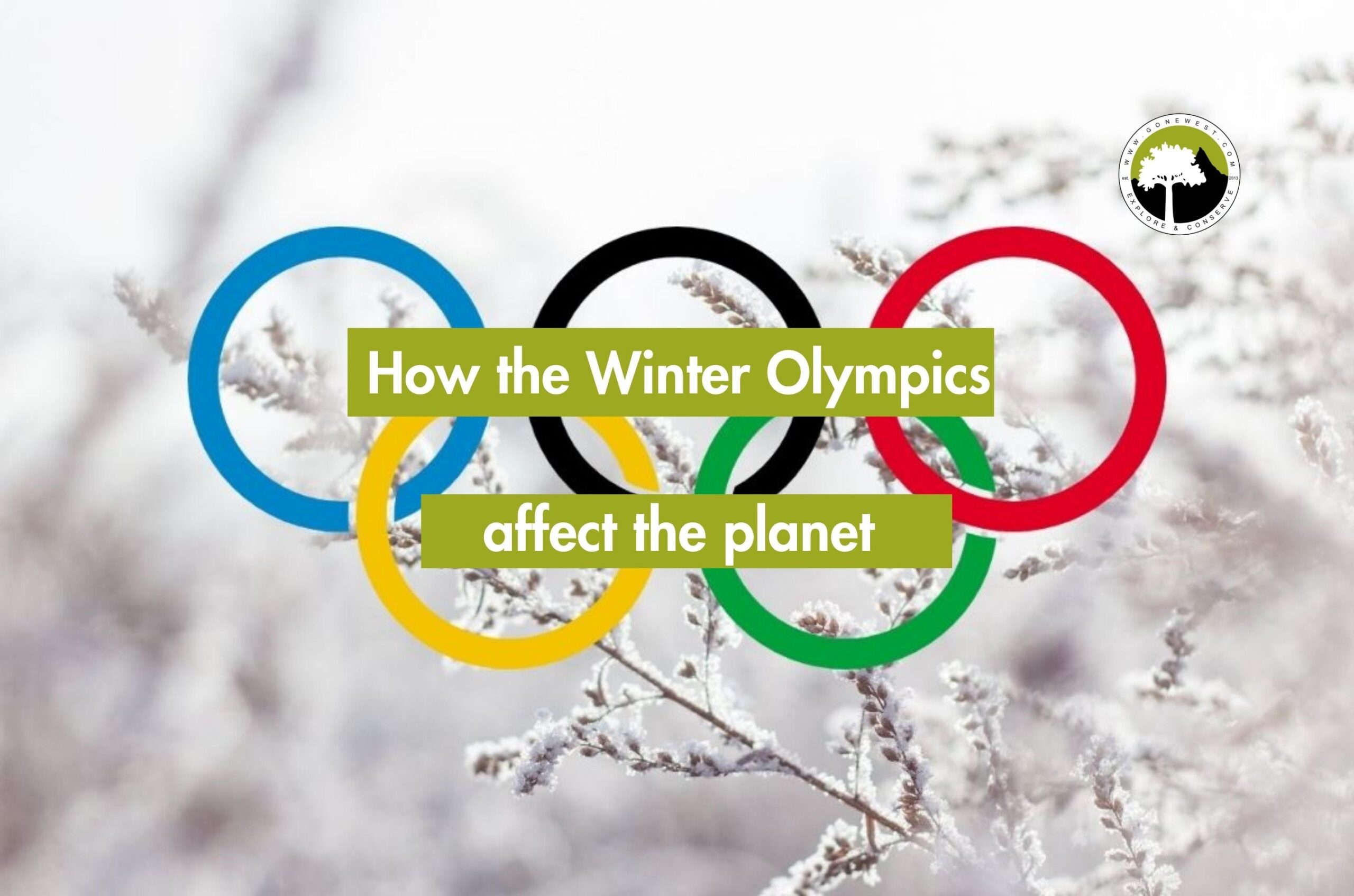Whether walking in a local park or one’s own garden, most have witnessed a bee pollinating a plant or flower. But how much do you know about the impact these seemingly small acts of pollination have on the world around us?
Whether it’s in apples, almonds, vanilla, broccoli, cotton, cucumbers or coffee, or any of other number varieties of food and produce, bees play a vital role in the food security that sustains our diets and our economies, not to mention the role they play in conserving the beauty and biodiversity of the habitats all around us.
But with present extinction rates rising at 100 to 1,000 times higher than normal, largely due to human impact, close to 35% of invertebrate pollinators are facing extinction globally, and the loss of these precious bees cannot be overstated.
A lot of environmental destruction can be put down to mankind’s involvement with our earth, however many of the solutions to these problems, including bee populations, can be improved by human action too. And in the spirit of this year’s World Bee Day we’re going to be looking at some today.
Before you read further about world bee day, have you thought about offsetting your businesses’ products or services with solutions for sustainability? Visit Gone West’s Carbon Footprint Offsetting page to learn all you need to know about the services we offer.
Why are bees so important?
To put it simply, 90% of the world’s wild flowering plant species depend on animal pollination, with more than 75% of the world’s food crops and 35% of global agricultural land depending on them too.
Flies, wasps, moths, beetles, birds, bats and lizards all pollinate, but bees are the world’s most dedicated pollinators (known as melittophily), covering a third of all the food we eat, and 80% of the flowering plants.
The pollination of flowers is an incidental result of collecting nectar and pollen. The bee’s only concern is food, but their bodies sweep against the pollen-bearing anthers of flowers, and as the pollen gets into the hairs and is transported to the next flower, the pollination process is completed. The nectar collected provides the bees with fuel during their flight and the rest gets delivered to the colony where it is turned into honey and stored for winter.
Over the past 50 years, the amount of crops that depend on pollinators (i.e. fruit, vegetables, seeds, nuts and oilseeds) has tripled. Bees play an important role in relation to the scope of agricultural production. Effective pollination increases the amount of agricultural produce, improves their quality and enhances plants’ resistance to pests.
Cultivated plants that depend on pollination are an important source of income to farming and agriculture. There is also evidence that natural pollination by the right type of bee improves the quality of the crop – from its nutritional value to its shelf life.
According to the estimates of an international study conducted in 2016 by the Intergovernmental Science-Policy Platform on Biodiversity and Ecosystem Services, the annual global production of food that depends directly on pollination was worth between $235 and $577 billion.
In addition to the common honeybees (Apis mellifera) and bumblebees there are 25,000 different species of bee in the world, with around 250 of these species living in the British Isles, and if such wild bees disappeared, and their benefits were removed from agriculture, it could cost UK farmers £1.8bn a year to pollinate crops manually
However, since 1900, the UK has lost 13 species of bee, and a further 35 are considered to be under threat of extinction. The known causes of bee decline include pesticides, habitat loss and climate change.
What is World Bee day?
Anton Janša, a pioneer in the world of beekeeping, was born in 1734 on the 20th of May. And in December 2017 Slovenia’s proposal to have his birthday proclaimed as an international Bee Day was approved by UN member states.
The fourth observance of World Bee Day was celebrated – in the midst of a still ongoing pandemic – with a virtual event organized by the FAQ on 20 May 2021 under the theme “Bee engaged – Build Back Better for Bees”.
By dedicating a day of discussions towards to topic the organisers say they wish to “draw attention to the importance of engagement and actions of countries, organizations, research and educational institutions, civil society, the private sector, farmers and beekeepers, as well as each individual, to preserve bees and other pollinators.”
Three of the main threats towards bee populations are the effects of climate change, urbanisation, which is shrinking the agricultural space, and the use of pesticides in the agricultural industry: Neonicotinoids in particular cause bees a great deal of harm, as when they are sprayed onto plants they are absorbed, because when a bee comes to pollinate said plant, it will ingest this pesticide. This can seriously damage the bee’s central nervous system.
A study published in the journal Lancet predicts that smaller consumption of fruit and vegetables due to climate change which also affects pollinators, nutritional security, vitamin A, iron and folate deficiency, will cause twice as many deaths by 2050 than hunger and malnutrition.
The global market value is also vitally linked to pollinators, at between US$235bn and US$557bn each year. In the UK alone, the services of bees and other pollinators are worth £691m a year, in terms of the value of the crops they pollinate. It would cost the UK at least £1.8bn a year to employ people to do the work of these pollinators.
The Birds the Bees and the Trees
One of the key perspectives one must undertake to understand the threats surrounding bee populations are the nesting and seasonal timings of their behavior.
Bees need trees.
There are less flowering plants during the first few months of the year, and bee colonies are smaller in spring than they are in summer, so they have fewer ‘staff’ available for gathering the nectar and pollen, which means that they rely on more trees as a vital food source when they emerge from hibernation.
Most trees are wind pollinated, so they can survive without bees, but exceptions include fruit bearing trees such as apple, pear, cherry and almond which all rely (some exclusively) on bees for pollination.
Willow, maple, horse-chestnut, acacia and linden provide high levels of pollen and nectar but Wildflower meadows and other areas abundant in flowering plants are also in serious decline due to deforestation and habitat loss, meaning that bees lose an important food resource. In the wild, several species of bees also nest in hollow trees, so as more trees are destroyed so are the homes these bees live in. Forests are the lungs of the earth. Without them, we’d be nowhere. The reasons to create new woodland are endless, but are vital for bee habitats, and with less than 12% of the UK still wooded it’s important we act now.
Here at Gone West we are trying to correct this with our Restock program forests one by one, in order to sustainably maintain supply, create employment, protect wildlife and the bees and store carbon emissions to fight off climate change. To find out more please contact us here.
How can you help the bees?
Although many of the solutions to these problems reside in the wider effects of climate change and the agriculture reliance on pesticides, there are many small ways people can play a role in securing bee populations.
If you are interested in ways in which you can help, worldbeeday.org has compiled a list of world bee day activities you can get involved in:
- Plant nectar-bearing flowers for decorative purposes on balconies, terraces, and gardens.
- Buy honey and other hive products from your nearest local beekeeper.
- Raise awareness among children and adolescents on the importance of bees and express your support for beekeepers.
- Set up a pollinator farm on your balcony, terrace, or garden; you can either make it yourself or buy at any home furnishings store.
- Preserve old meadows – which feature a more diverse array of flowers – and sow nectar-bearing plants.
- Cut grass on meadows only after the nectar-bearing plants have finished blooming.
- Offer suitable farming locations for the temporary or permanent settlement of bees so that they have suitable pasture; as a consequence, they will pollinate our plants, which will thereby bear more fruit.
- Use pesticides that do not harm bees, and spray them in windless weather, either early in the morning or late at night, when bees withdraw from blossoms.
- Mulch blooming plants in orchards and vineyards before spraying them with pesticides so that they do not attract bees after being sprayed.
- Another way in which you can help the bees, is to join our monthly subscription plan, where we plant at least 2 trees a month for only £10 in your name. Be sure to check it out.
Bee-ing engaged, and remaining engaged
One of the consistent problems with observing international days that cover long term problems such as the possible extinction of bee populations, is the lack of power the average person can feel when it comes to facing the issue.
But when it comes to the conservation of our ecosystems, every seemingly insignificant act we can take as individuals becomes significant when it is multiplied by many others. If you are interested in how to celebrate and help the Earth , check out our dedicated post earth month blog.
During the summer months that are to come you may spot a bee sitting unmoving on the ground. If nothing else, you can help out a tired bee like this by mixing two tablespoons of white, granulated sugar with one tablespoon of water.
After all, even small acts like this can make a difference, and I hope you can take the spirit of World Honey Bee Day with you throughout the summer, and the many summers to come, even if it is one bee, and one small step at a time.
To keep up with us on our journey of helping the trees and the bees, be sure to follow our Instagram and subscribe to our monthly newsletter.
Stay in the loop

